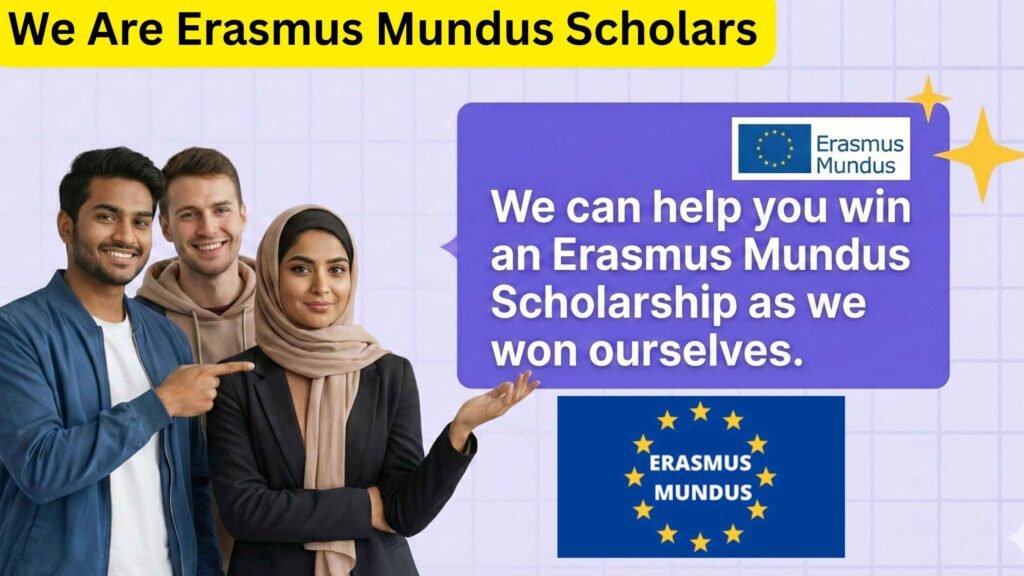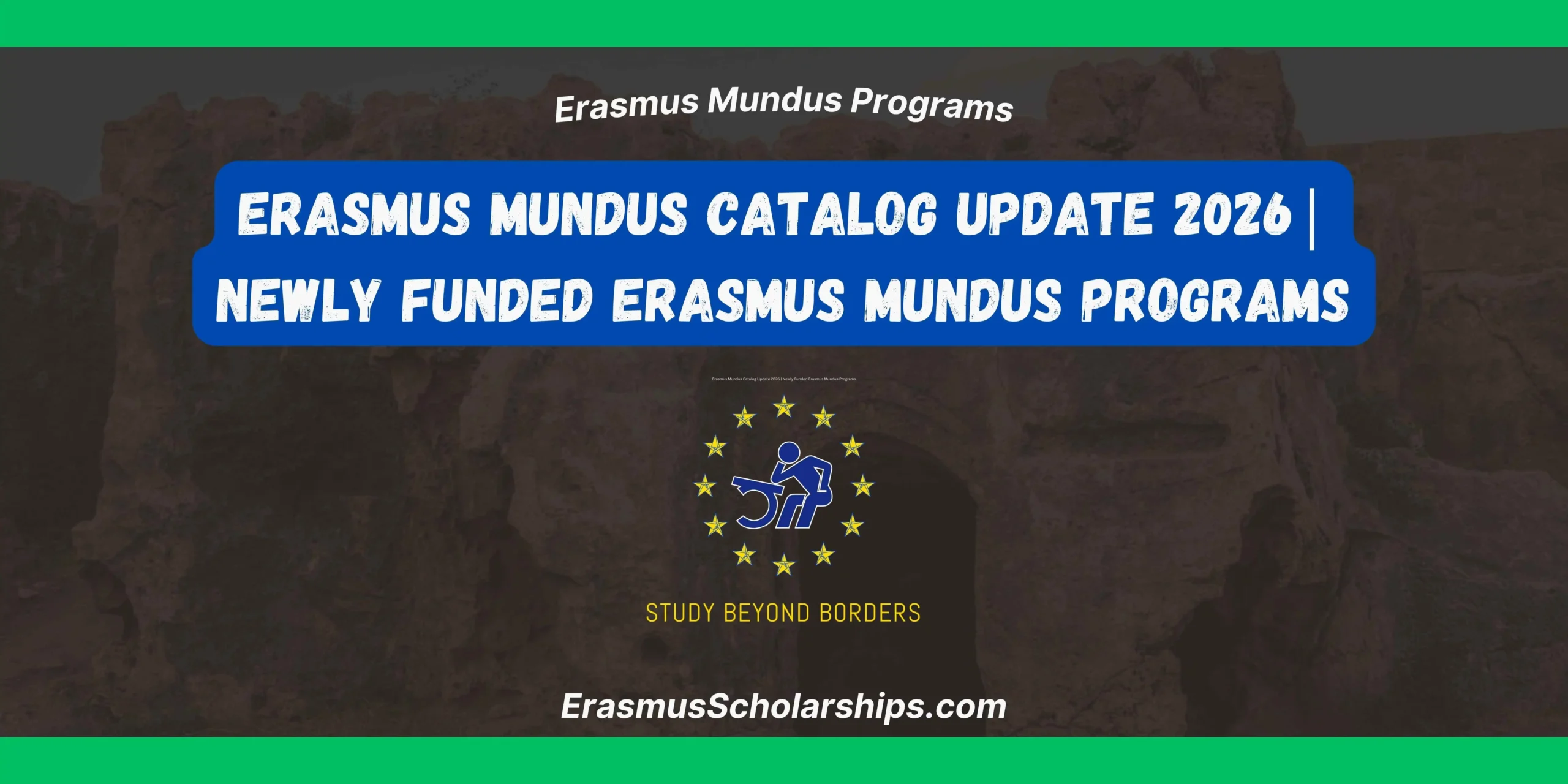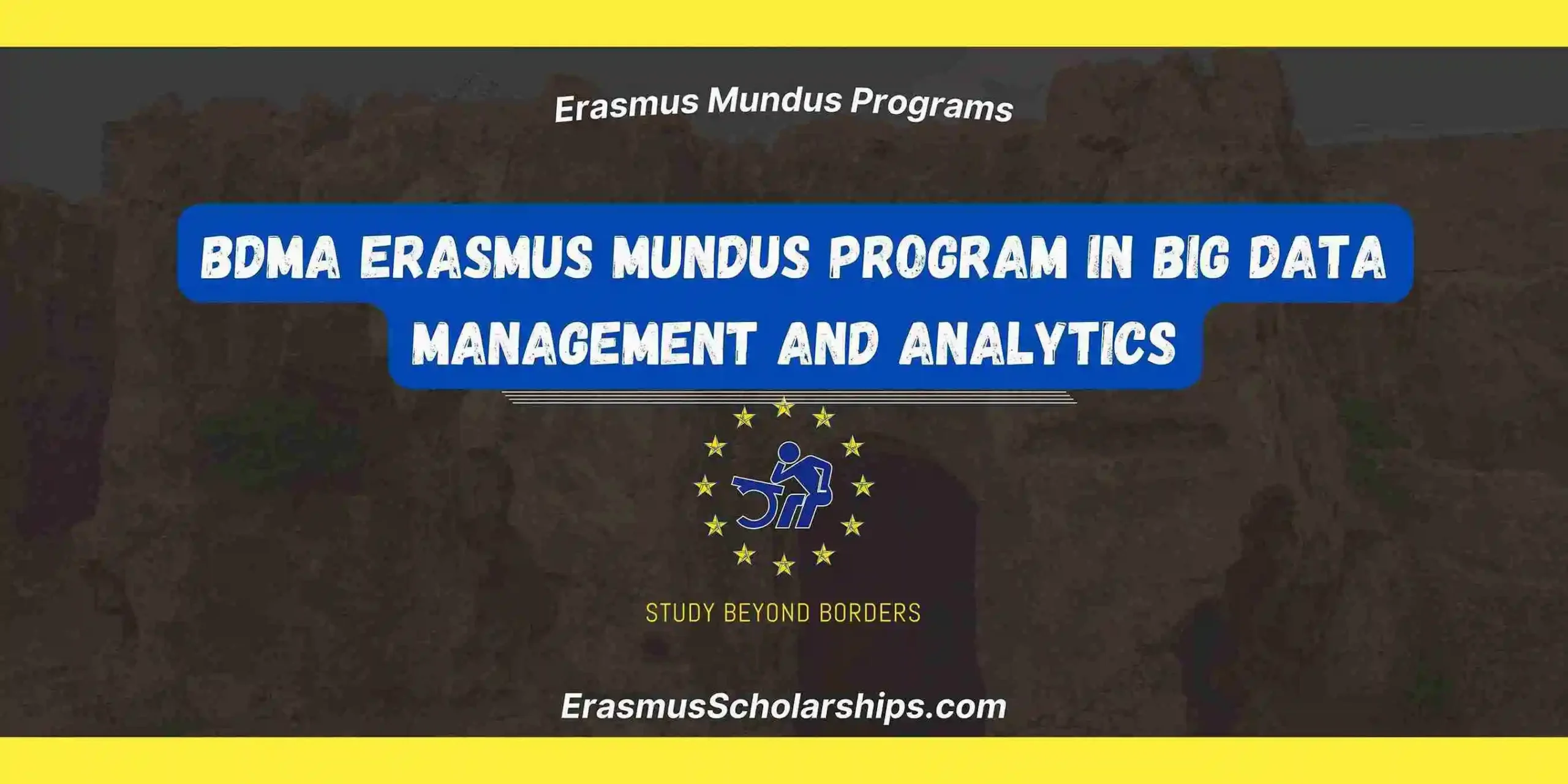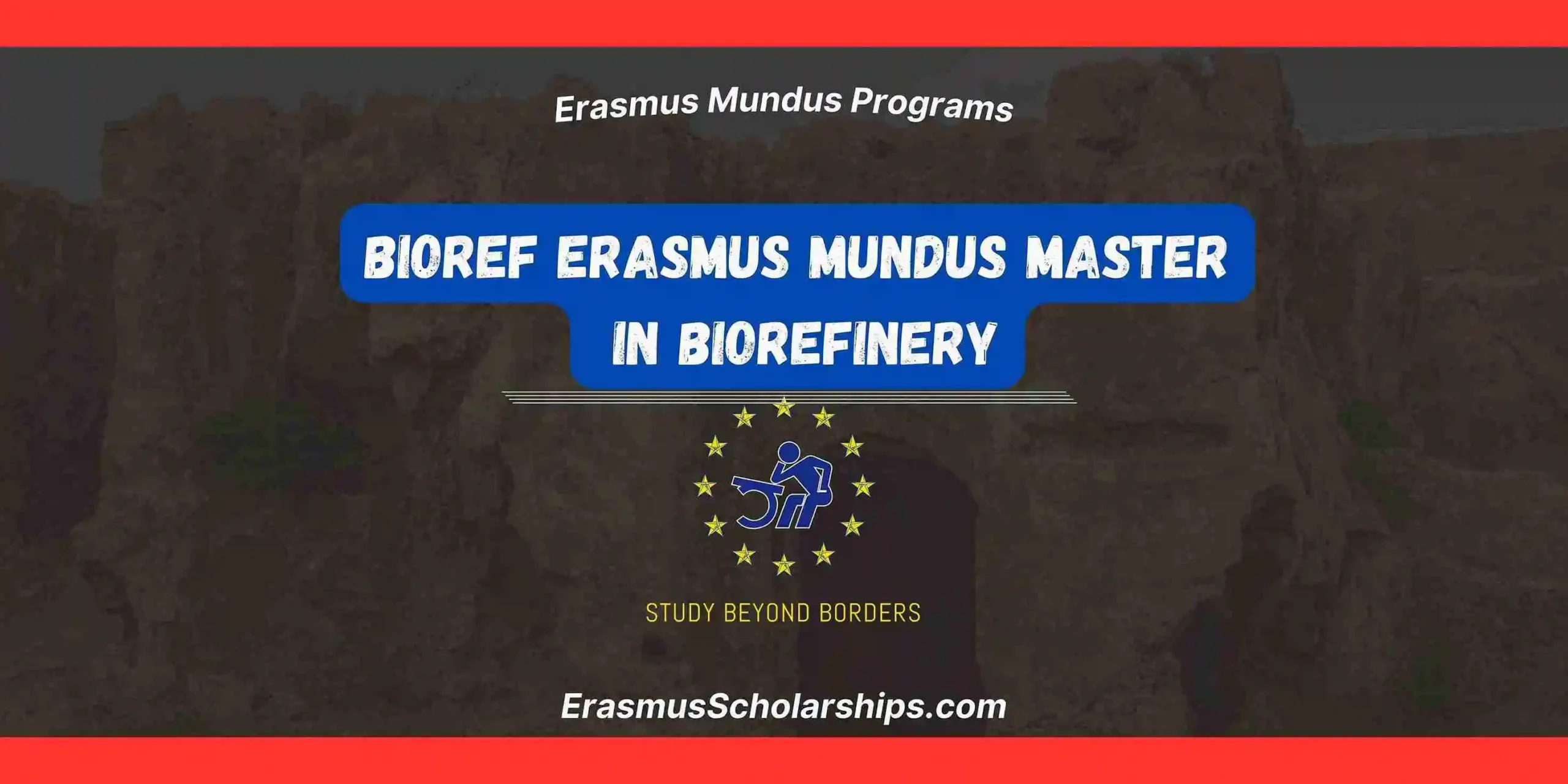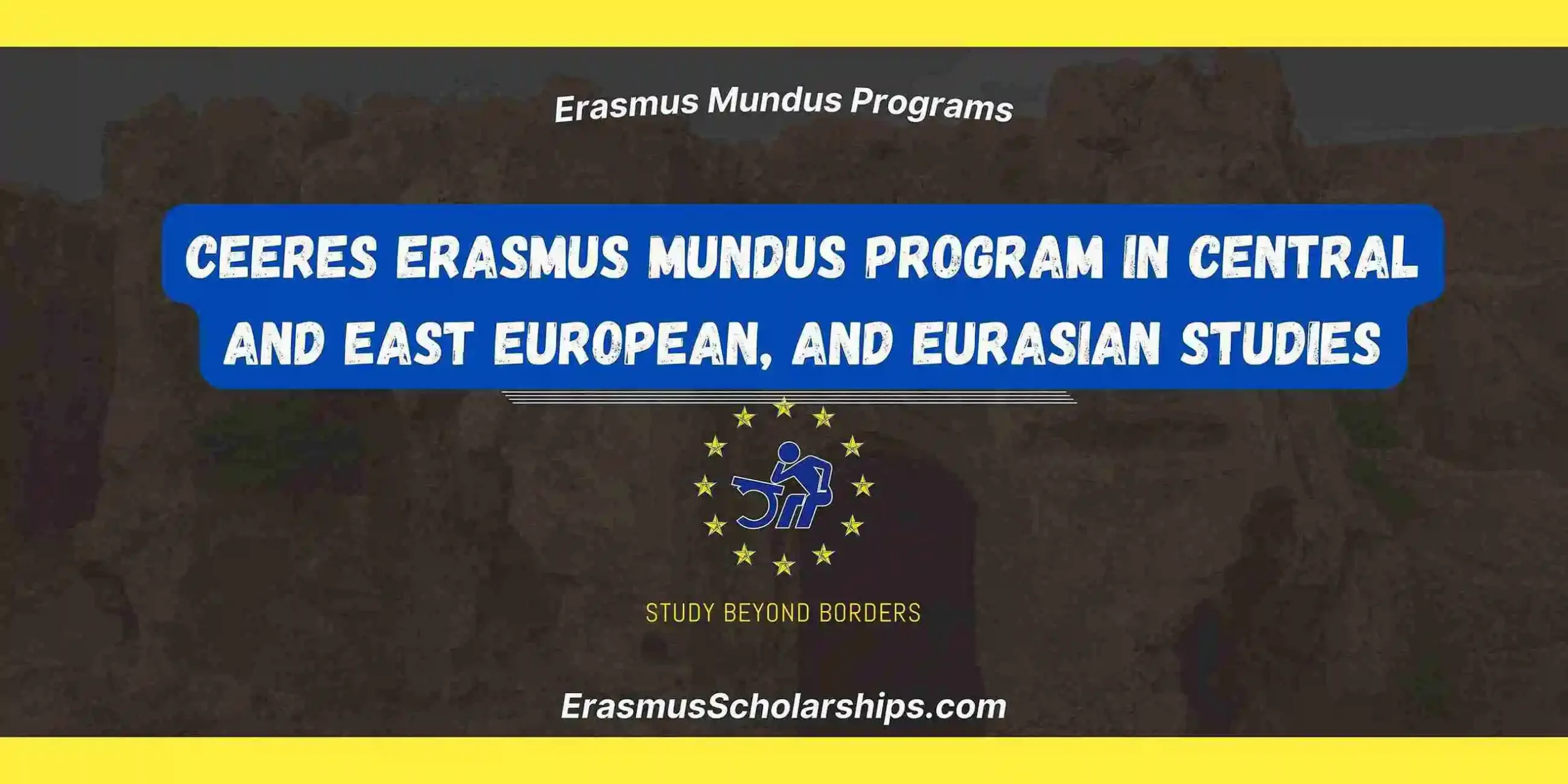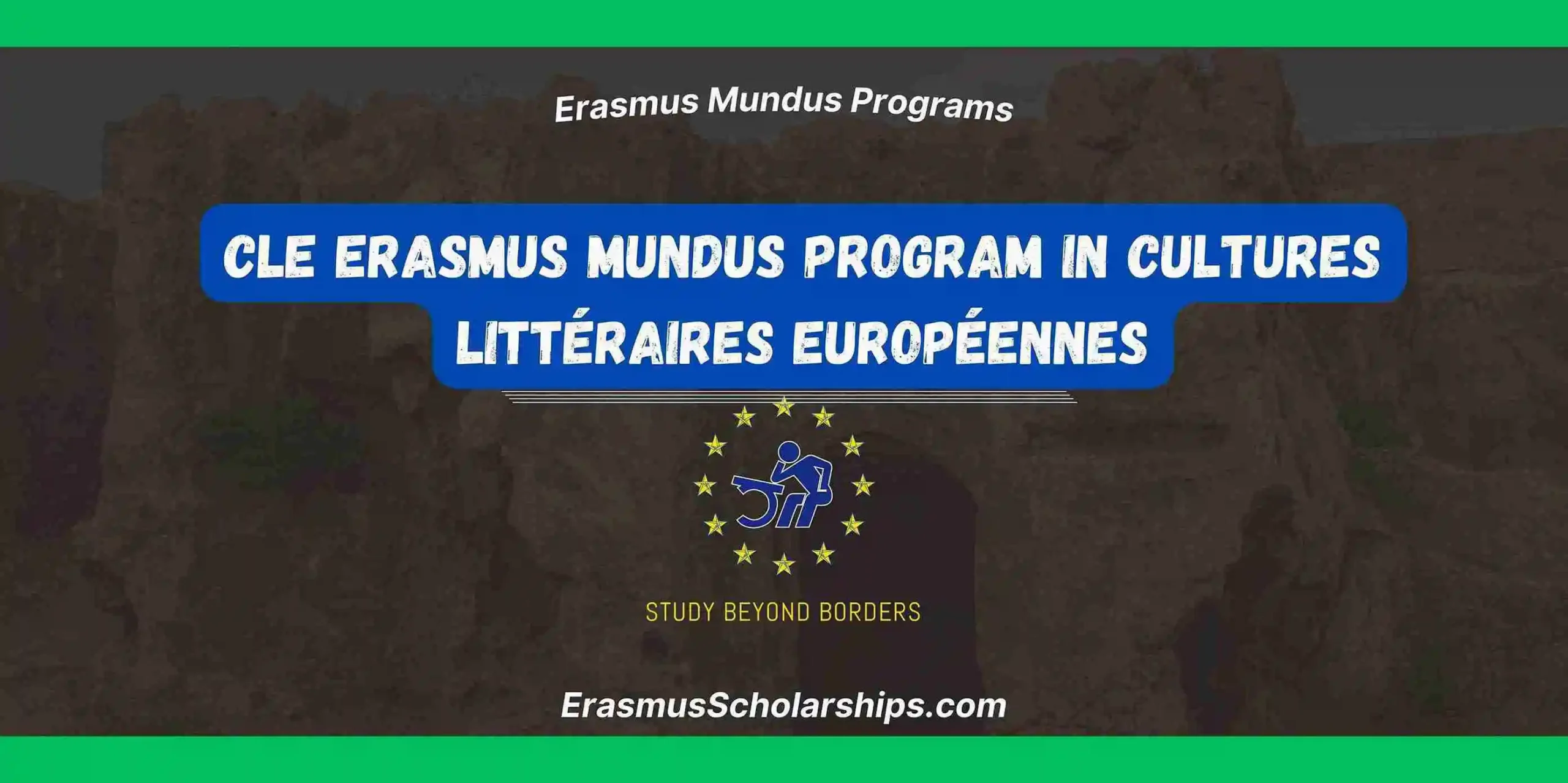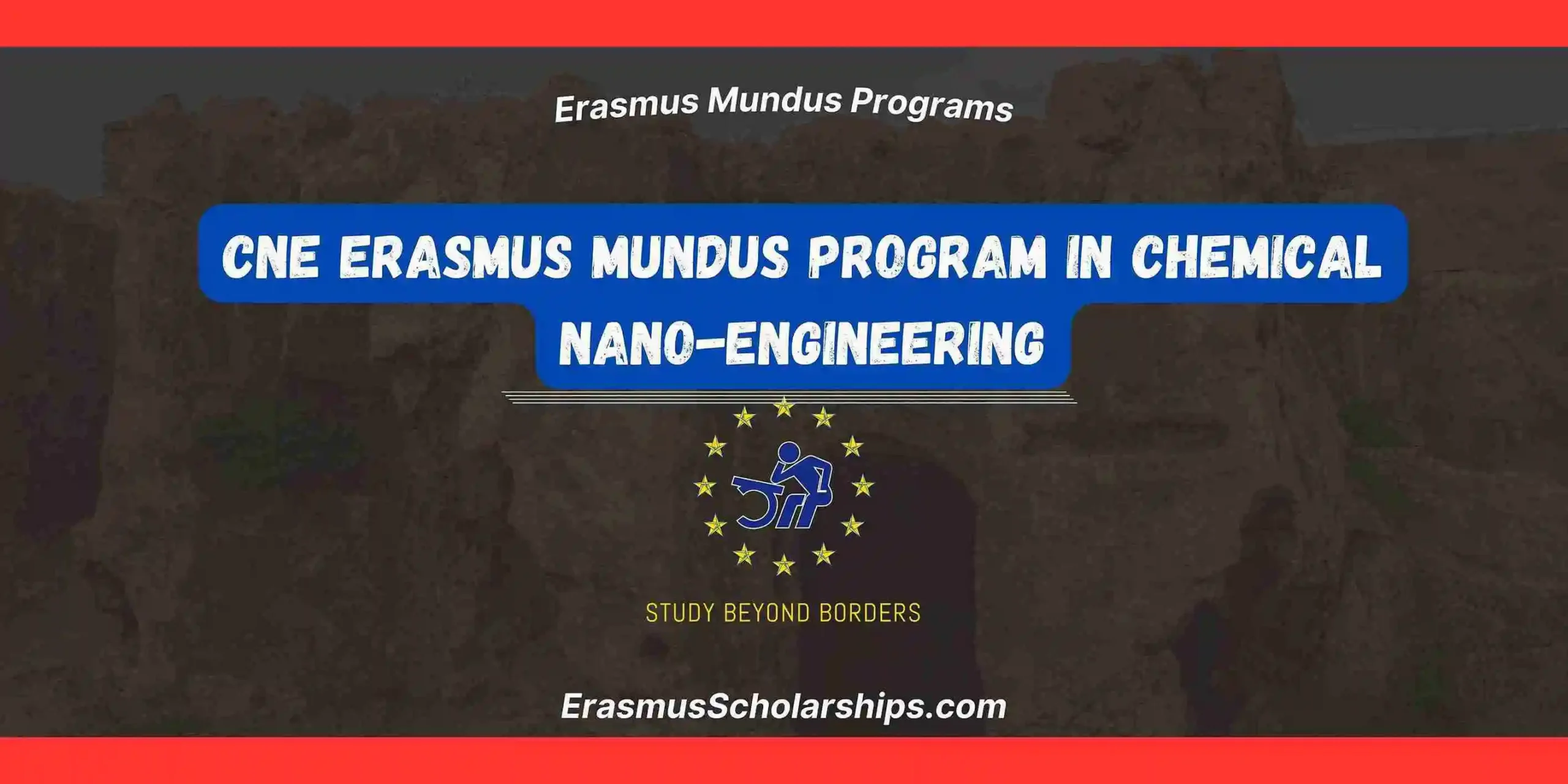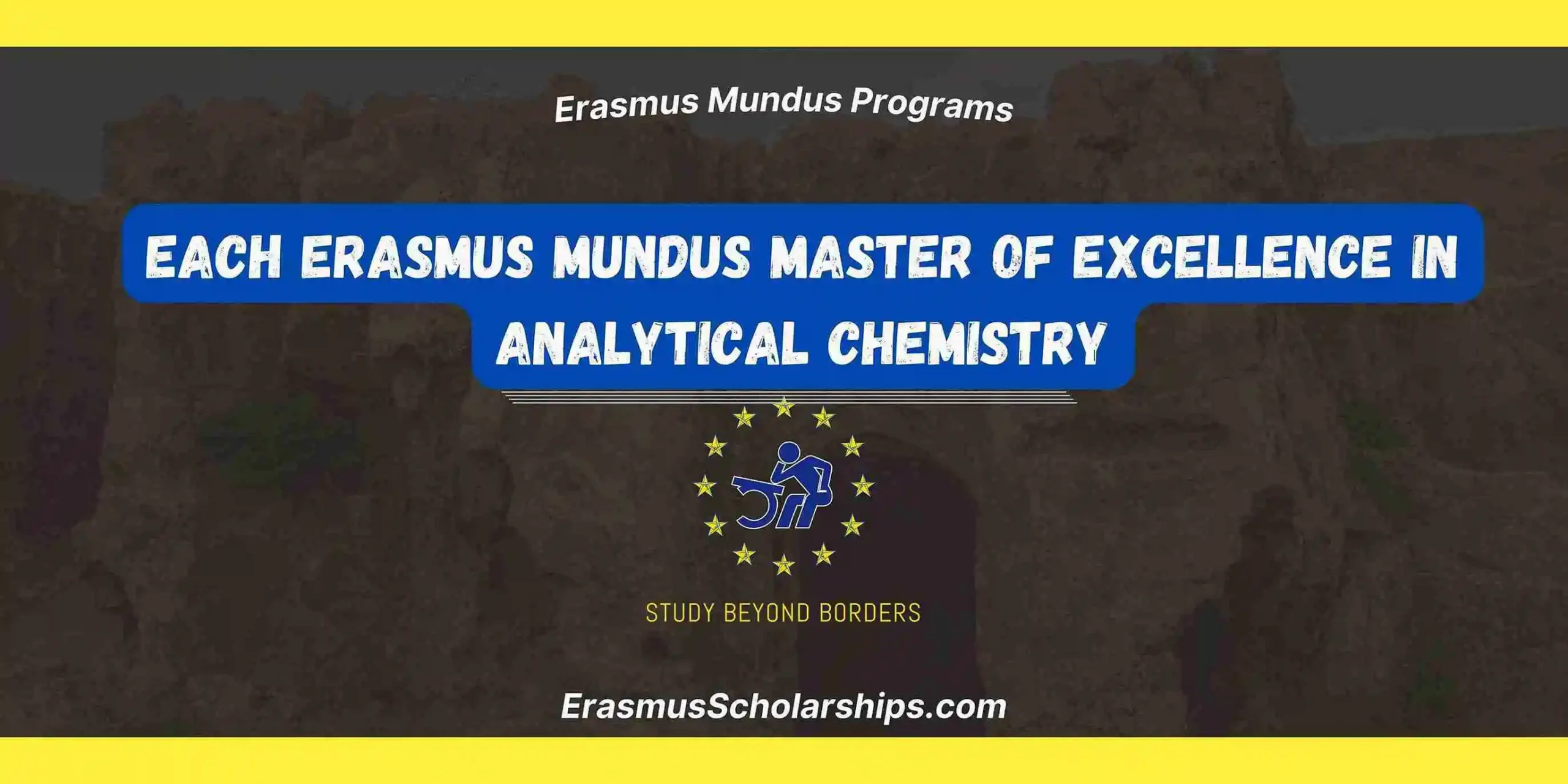The LASCALA Erasmus Mundus Master’s program in Large Scale Accelerators and Lasers is a two-year, elite-level academic and research initiative funded by the European Commission. Launched to train experts in cutting-edge experimental and theoretical tools including accelerator physics, high-power lasers, and laser–plasma interactions, it addresses applications in energy generation, healthcare, and security diagnostics. Built on a strong academic and industrial foundation, LASCALA blends immersive seminars, hands-on training in European large-scale facilities, and vibrant international collaboration to prepare graduates for influential scientific and engineering roles.
Crafted by a consortium of four top European universities coordinated through the EUGLOH alliance, the program offers a robust multidisciplinary education. Students benefit from winter schools, summer schools focused on big science project management, research internships, and entrepreneurial training. This integrated approach ensures that graduates emerge not only as skilled researchers but also as savvy innovators ready to lead major science ventures globally.
Project Status
- Status: Ongoing
- Start date 01-09-2020
- End date 31-08-2026
- Action Type: Erasmus Mundus Joint Master
- Universities Involved
- Countries Involved
The LASCALA Erasmus Mundus program is a Master’s in Large Scale Accelerators and Lasers offered by leading European universities.
| France |
| Italy |
| Hungary |
| Sweden |
This cross-border collaboration allows students to gain an international perspective while studying and researching in the heart of Europe’s academic and industrial hubs.
Description of the LASCALA Erasmus Mundus Program
The LASCALA Erasmus Mundus program equips students with mastery over accelerator physics, high-power laser systems, and laser-plasma interactions. It emphasizes theoretical and practical approaches, including visits to premier research centers such as Synchrotron SOLEIL, APOLLON laser, Max IV, ELI-ALPS, CERN, and many more.
Key Features of the LASCALA Erasmus Mundus Program
- Mobility across up to four European universities
- Access to winter schools at major research facilities
- Double or multiple nationally accredited diplomas based on university combination
- A 6-month internship, academic or industrial
- Intensive summer school on big-science project management (TOSCA)
- Strong international network and entrepreneurial training
Mobility Tracks of the LASCALA Erasmus Mundus Program
Students can tailor their journey across semesters:
- Earn a diploma per semester: up to three degrees possible
- Sample path: Semester 1 at Paris-Saclay, Semester 2 at Lund, Semester 3 at Szeged, then the final internship semester.
- Applicants submit mobility choices in the application; changes are possible in exceptional cases.
Admission Requirements
- Bachelor’s degree (in Physics, Engineering, Optics, Photonics, etc., 180 ECTS or equivalent) or in-process completion by application time
- Exclusion: current PhD students or PhD holders
- Evaluation Criteria:
How to Apply for the LASCALA Erasmus Mundus Program
- Applications via the online platform only, emails or postal submissions not accepted
- Required Documents (in English, certified translations accepted):
- CV (2 pages max) with academic details, GPA, projects, etc.
- Motivation letter (2 pages max), academic fit, career goals, mobility justification
- Transcripts with grading system explanation
- Degree certificate (Bachelor/Master if applicable)
- Identity (passport or EU ID)
- Residency proof
- English proficiency proof (TOEFL, IELTS, Cambridge) or institutional proof of English as teaching language
- Letters of recommendation: one required, second optional; referees use institutional email addresses
Tips to Win the LASCALA Erasmus Mundus Program
- Highlight relevant academic achievements, grades, projects, honors.
- Make your motivation letter vivid: specify your fit, vision, and your chosen mobility path rationale.
- Secure strong and timely recommendation letters, remind referees to watch spambox!
- Showcase leadership and extra involvement to capture the non-academic edge.
- Prepare to reflect professional goals and clarity about how LASCALA advances them.
Application Timeline
- Opens: November
- Deadline: May
- Enroll: Starting September following selection
Curriculum Structure of the LASCALA Erasmus Mundus Program
- Semester 1 (Science foundations & methods) – Paris-Saclay; ~31.5 ECTS (quantum physics, labs, optics, history of science, summer school)
- Semester 2 (Specialization) – choose between Sapienza (particle physics, accelerators) or Lund (lasers, synchrotrons) with mix of compulsory and electives (~30–33 ECTS)
- Semester 3 – either Paris-Saclay or Szeged, with advanced courses, winter schools, technical skills (~30 ECTS)
- Semester 4 – 4.5 to 6-month master’s thesis/internship in research or industry, worth 30 ECTS
Coordinator Contact
Frequently Asked Questions (FAQs)
What is the LASCALA Erasmus Mundus Program?
The LASCALA Erasmus Mundus Program is a two-year Master’s in Large Scale Accelerators and Lasers, designed to train students in accelerator physics, high-power lasers, and laser–plasma interactions.
Who can apply for the LASCALA Erasmus Mundus Program?
Applicants to the LASCALA Erasmus Mundus Program must hold a Bachelor’s degree (or be in the final year) in Physics, Engineering, Photonics, or a related field, and demonstrate English language proficiency.
What funding is available through the LASCALA Erasmus Mundus Program?
Students admitted to the LASCALA Erasmus Mundus Program may receive Erasmus Mundus Joint Master’s scholarships, which typically cover tuition, travel costs, and a monthly living allowance.
What career opportunities are available after completing the LASCALA Erasmus Mundus Program?
Graduates of the LASCALA Program are prepared for careers in research centers, accelerator and laser facilities, advanced industry roles, or doctoral studies worldwide.
How can I apply for the LASCALA Erasmus Mundus Program?
Applications for the LASCALA Erasmus Mundus Program must be submitted online with required documents such as CV, transcripts, motivation letter, English proficiency proof, and recommendation letters.

